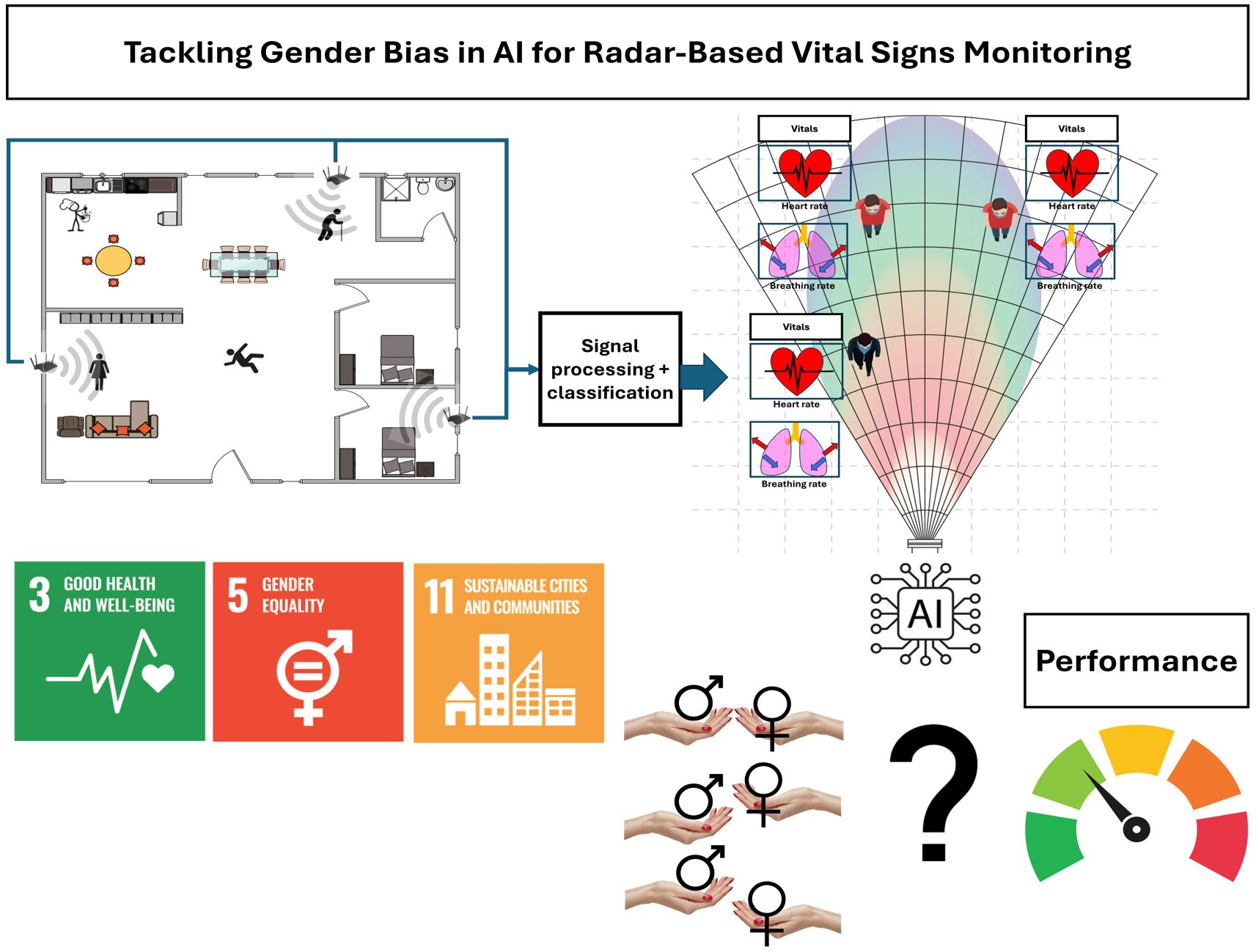The University of Glasgow is set to tackle gender bias in healthcare artificial intelligence (AI). Over the next 18 months, the prestigious Scottish institution will spearhead the development of a new framework to rectify gender-related discrepancies in AI systems used to assess data collected by remote monitoring technologies.
The research project, led by Dr. Nour Ghadban, the principal investigator, will involve collecting data from 30 male and 30 female study volunteers using radar sensors. The unique approach will train separate AI models on male and female data, allowing for a direct comparison of their performance. This methodology will pinpoint any biases embedded in the AI functions, paving the way for subsequent adjustments.
Dr. Ghadban emphasizes the potential transformative impact of integrating new sensors with AI on patient monitoring. However, the success of these innovations hinges on ensuring that AI systems are free from biases rooted in race, class, and, notably, gender. The research initiative underscores the meticulous care required during the training of AI systems on real-world data to prevent the unwitting incorporation of human bias.
Funding and AI-supported sensing technology developments
Generously funded by the Women and Science Chair at Université Paris Dauphine-PSL, this research aligns with recent strides in AI-supported sensing technology. The University of Glasgow stands at the forefront of institutions developing cutting-edge sensors designed to monitor heart and lung rhythms without the need for wearable technology or video cameras.
The university’s ambitious £5.5 million Healthcare QUEST system is a testament to its commitment to advancing healthcare technology. This remote technology utilizes sensors to offer personalized advice and alerts, suggesting lifestyle improvements and rehabilitation programs for those recovering from illness at home. With the potential to enhance the independence of older individuals and provide additional insights into patients’ well-being in hospital wards, Healthcare QUEST emerges as a promising leap forward in healthcare technology.
Addressing historical concerns: Mitigating gender bias in AI systems
Growing concerns about gender bias in AI systems have permeated the healthcare landscape. A stark example arose in 2019 when chatbot technology employed by the remote NHS GP at Hand displayed disparate diagnoses for identical symptoms in male and female patients. Men were warned of a possible heart attack, while women were advised they were likely experiencing depression or a panic attack. The revelation highlighted the urgent need for comprehensive efforts to eliminate biases that could impact healthcare outcomes.
The University of Glasgow’s commitment to dismantling gender bias in healthcare AI holds promising implications for the future. As AI plays a pivotal role in patient monitoring and diagnosis, ensuring unbiased decision-making tools becomes paramount. The gender-specific AI model training approach adopted by the university sets a precedent for meticulous scrutiny and adjustment, serving as a model for other institutions navigating the intricate realm of AI in healthcare.
The University of Glasgow’s initiative signifies a bold step towards a future where AI in healthcare is devoid of gender bias. With its innovative framework and commitment to meticulous data collection and analysis, the university is spearheading a movement that could revolutionize how we harness AI for patient well-being. As advancements continue, the broader healthcare community will undoubtedly benefit from the lessons learned and methodologies developed in this pioneering research endeavor.





